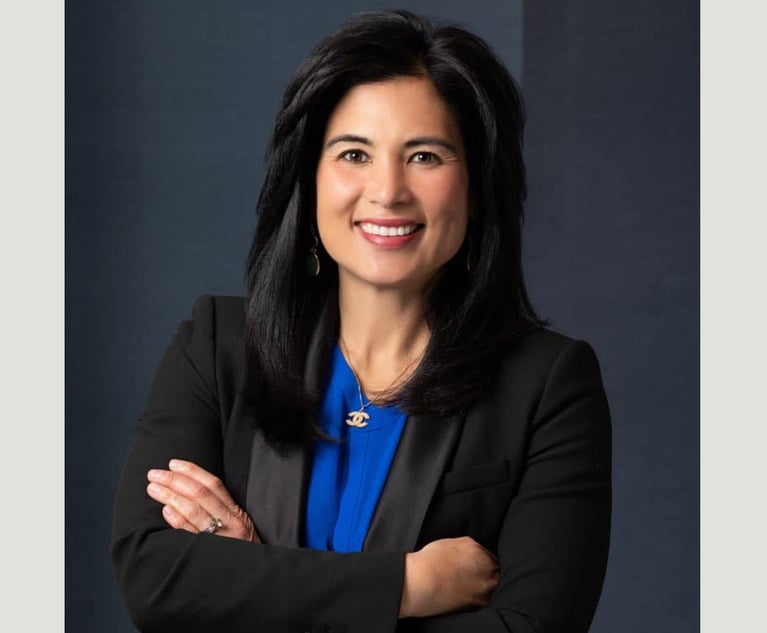When California’s legislature enacted the Private Attorney General Act in 2004, its intent was to bolster the limited resources of the Department of Industrial Relations by empowering workers to prosecute corporate malfeasance. Through individual and representative actions brought on behalf of the state, employees could make companies pay for wage-hour, safety and other workplace violations that harmed California workers.
Recognizing that PAGA claims are different from other types of employment litigation, the state’s courts had consistently held them exempt from compulsory arbitration. In the 2014 case Iskanian v. CLS Transportation Los Angeles, the California Supreme Court ruled that employers were precluded from enforcing pre-dispute arbitration agreements when the agreement foreclosed plaintiffs’ ability to pursue PAGA penalties on behalf of other allegedly aggrieved employees. Although employees could waive their right to participate in a representative action by agreeing to individual arbitration, the court said that waivers of the right to bring a PAGA action on behalf of the state were unenforceable.
This content has been archived. It is available through our partners, LexisNexis® and Bloomberg Law.
To view this content, please continue to their sites.
Not a Lexis Subscriber?
Subscribe Now
Not a Bloomberg Law Subscriber?
Subscribe Now
LexisNexis® and Bloomberg Law are third party online distributors of the broad collection of current and archived versions of ALM's legal news publications. LexisNexis® and Bloomberg Law customers are able to access and use ALM's content, including content from the National Law Journal, The American Lawyer, Legaltech News, The New York Law Journal, and Corporate Counsel, as well as other sources of legal information.
For questions call 1-877-256-2472 or contact us at [email protected]


 Monique Ngo-Bonnici of Signature Resolution. Courtesy photo
Monique Ngo-Bonnici of Signature Resolution. Courtesy photo




